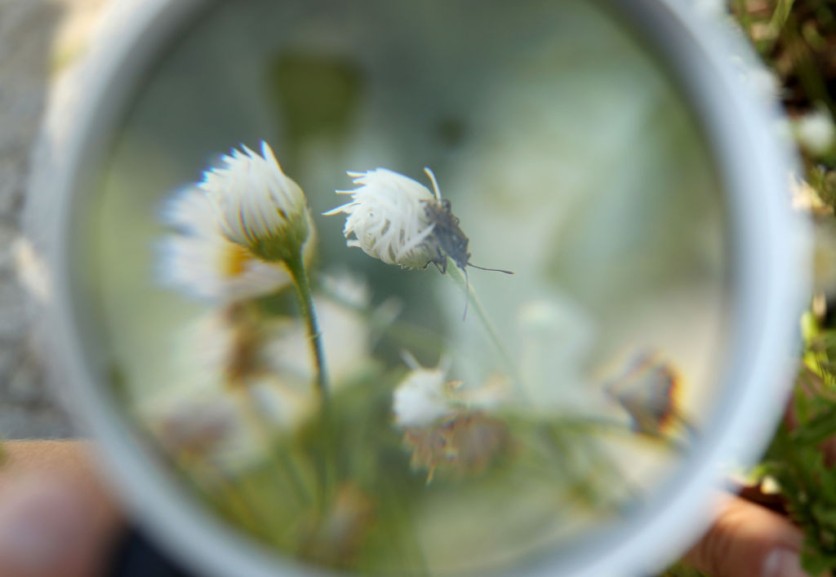Glass is an essential part of everyday life, from drinking glasses to mirrors and eyeglasses. However, the widespread use of non-biodegradable glass has led to environmental hazards.
To tackle this problem, a research team led by Prof. YAN Xuehai from the Institute of Process Engineering (IPE) of the Chinese Academy of Sciences has created a family of eco-friendly glass made from biologically derived amino acids or peptides.

The proposed glass is biodegradable and biorecyclable, making it a significant breakthrough in the field of glass manufacturing.
The use of traditional glass, such as commercial inorganic glass and poly (methyl methacrylate) (PMMA) organic glass, poses a significant environmental problem because it is not biodegradable and biorecyclable, according to the research team.
Biodegradable and Biorecyclable Glass
Biodegradable and biorecyclable glass, on the other hand, has a minimal environmental footprint and is more sustainable.
However, the creation of eco-friendly glass from biological sources presents a challenge due to the poor thermal stability of biomolecules, which tend to decompose quickly at high temperatures used in glass manufacturing.
To overcome this issue, the researchers used chemically modified amino acids and peptides to create biomolecular glass with biodegradability and biorecyclability features through the "heating-quenching" process.
Read Also : Pixel 6 and 6 Pro Owners Report 'Spontaneous' Screen Cracks | Google Responds 'Screens Don't Just Crack'
Biomolecular Glass as a Green-Life Tech
The researchers evaluated the material's glass-forming ability, glass-transition-related kinetic and thermodynamic parameters, and performance in vitro and in vivo.
Results showed that the biomolecular glass based on amino acids or peptides has excellent optical characteristics, good mechanical properties, and flexible processability, as well as desired biodegradability and biorecyclability.
Prof. YAN emphasized the potential of biomolecular glass as a green-life technology for a sustainable future, but also noted that it is still in the laboratory stage and not ready for large-scale commercialization.
"The concept of biomolecular glass, beyond the commercially-used glasses or plastics, may underlie a green-life technology for a sustainable future," Prof. YAN said in a press release statement.
"However, the biomolecular glass is currently in the laboratory stage, and far from large-scale commercialization."
The development of biodegradable and biorecyclable glass from biologically derived amino acids or peptides could revolutionize the glass manufacturing industry and have a significant impact on the environment.
With further research and development, biomolecular glass may become a sustainable alternative to traditional, non-biodegradable glass.
The findings of the research team were published in the journal Science Advances.
Related Article : Transparent Wood Makes Energy-Saving Windows? You Might be Replacing Your Glass Soon

ⓒ 2026 TECHTIMES.com All rights reserved. Do not reproduce without permission.




